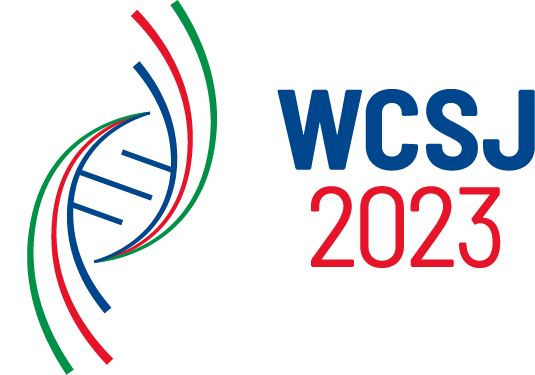Opening plenary: Giving & taking scientific advice: why inclusiveness matters
Opening plenary: Giving & taking scientific advice: why inclusiveness matters
This high-level panel brings together speakers from four continents to examine models of how scientific evidence feeds into policy-making and the tensions that can arise between scientific information and societal and political priorities. Countries large and small, developed and developing, are expressing greater interest in implementing ‘science diplomacy’ through politics for the purpose of representation, cooperation, resolving disputes, improving systems, and securing the right to science for citizens and our most vulnerable populations.
Distinguished speakers:

Professor Rémi Quirion, Chief Scientist of Quebec and President of the International Network for Governmental Science Advice (INGSA)
Until his appointment as chief scientist, Rémi Quirion was the vice-dean for science and strategic initiatives in the faculty of medicine at McGill University and senior university advisor on health sciences research. He was the scientific director of the Douglas Mental Health University Institute Research Centre, a full professor in the department of psychiatry at McGill University and the executive director of the International Collaborative Research Strategy for Alzheimer’s Disease of the Canadian Institutes of Health Research. Professor Quirion was the first scientific director of the Institute of Neurosciences, Mental Health and Addiction (INMHA), one of Canada’s 13 health research institutes.
Professor Quirion chairs the boards of directors of the three Fonds de recherche du Québec and advises the Minister of Economy and Innovation on research and scientific development issues. He is the president of the International Network for Governmental Science Advice (INGSA).

Dr Soledad Quiroz is a Researcher, Universidad Central de Chile & Vice President for Policy, International Network for Governmental Science Advice (INGSA).
Dr. Soledad Quiroz-Valenzuela is a researcher in Open Science at Universidad Central de Chile. She was executive secretary of the Chilean Scientific Committee on Climate Change between 2020 and 2021. In September 2021 she was elected Vice-President for Policy of the International Network for Government Science Advice (INGSA) and is a member of the Latin American and Caribbean Science Diplomacy Network (DiploCientífica). She holds a PhD in Biochemistry and Molecular Biology from Michigan State University (USA), and a Masters in Public Policy and Management from Carnegie Mellon University (USA). She has been a lecturer and researcher in science and technology policy, science advice and science diplomacy.
Moderator:

Kai Kupferschmidt is a science journalist based in Berlin. He has worked as a freelance editor and writer for numerous German newspapers and is a contributing correspondent for Science Magazine. During the pandemic he also launched a German language science podcast called “Pandemia” with his colleagues Laura Salm-Reifferscheidt and Nicolas Semak. He has written two books, one on infectious diseases and one on the science of the colour blue that has been translated into several other languages. Kai has received numerous awards for his work, including the Media Prize of the German AIDS Foundation and the NIHCM Trade Journalism Award.
